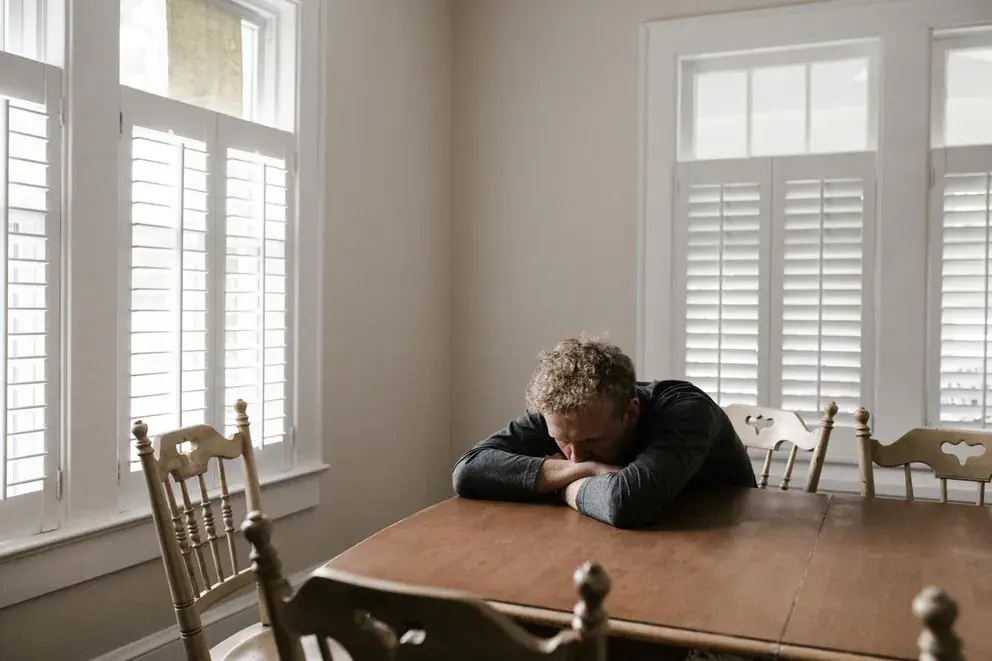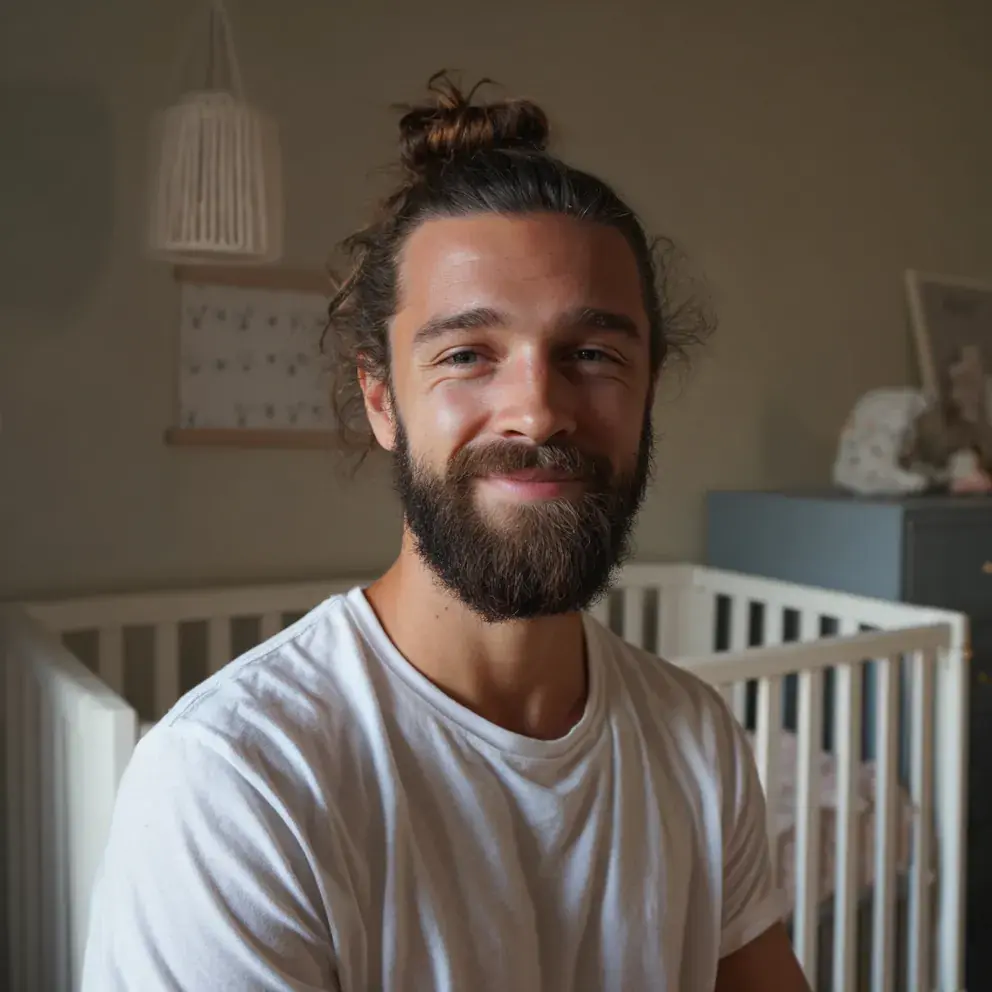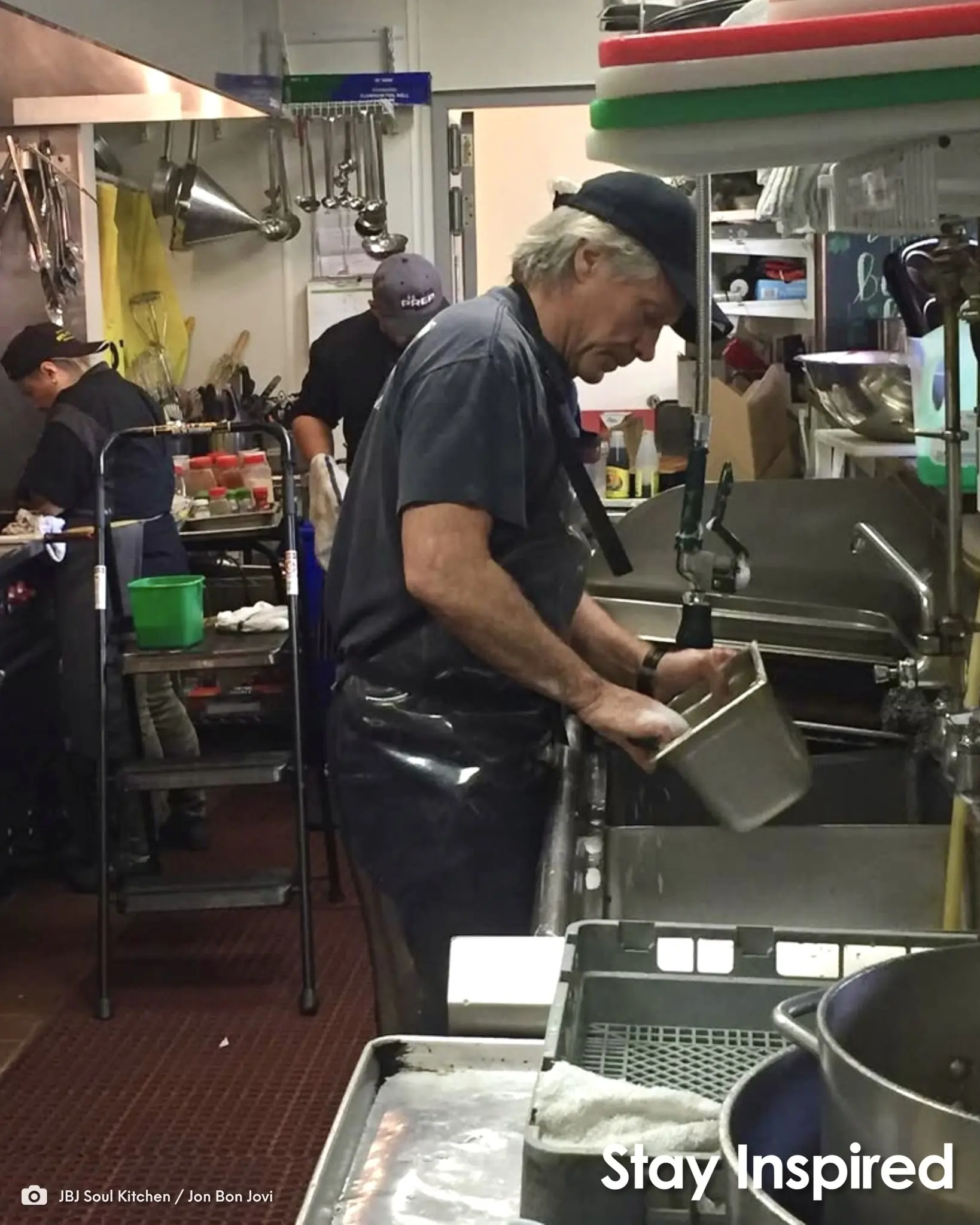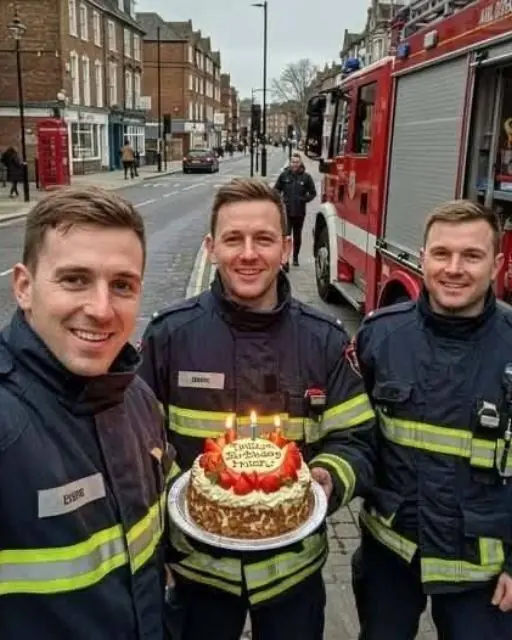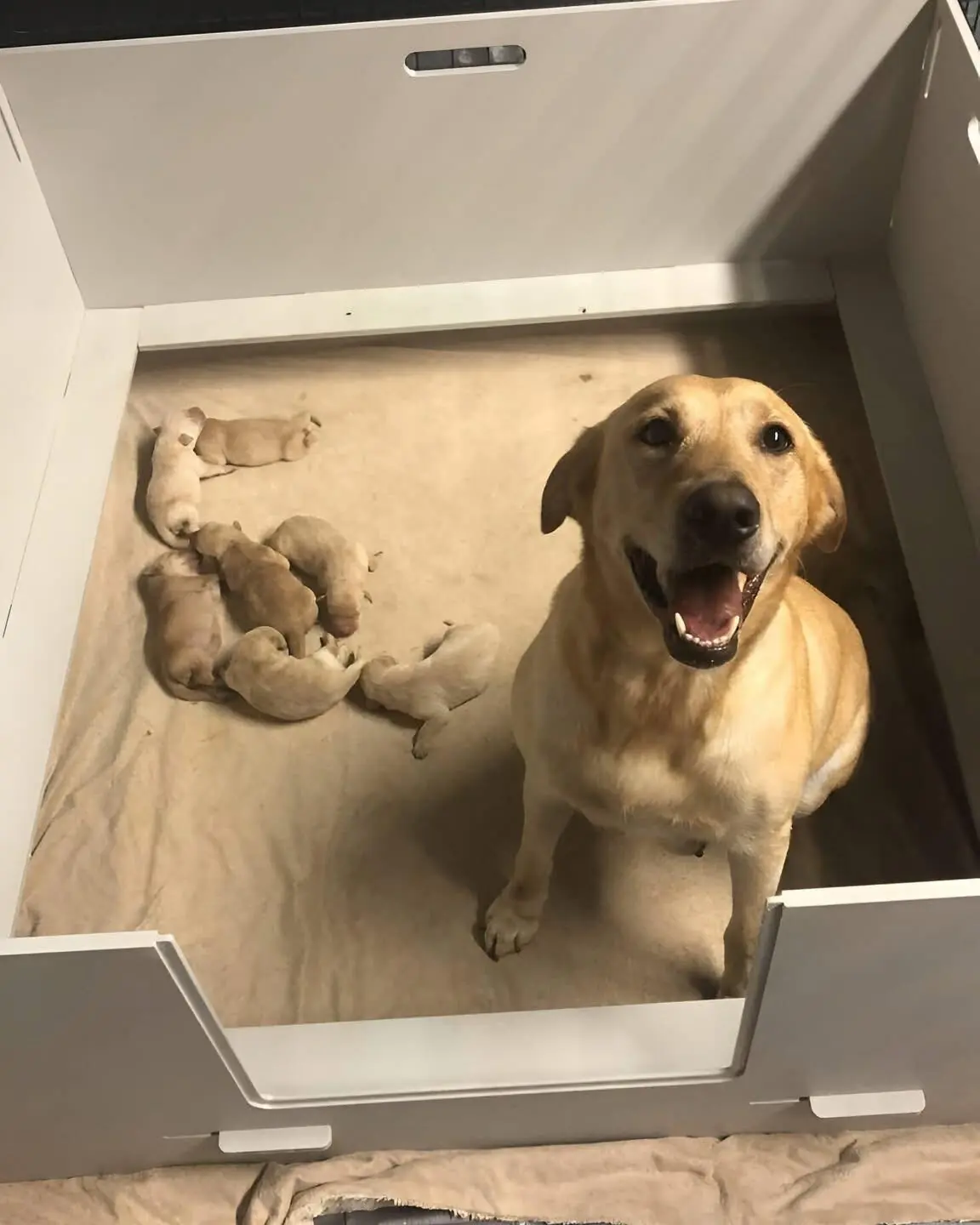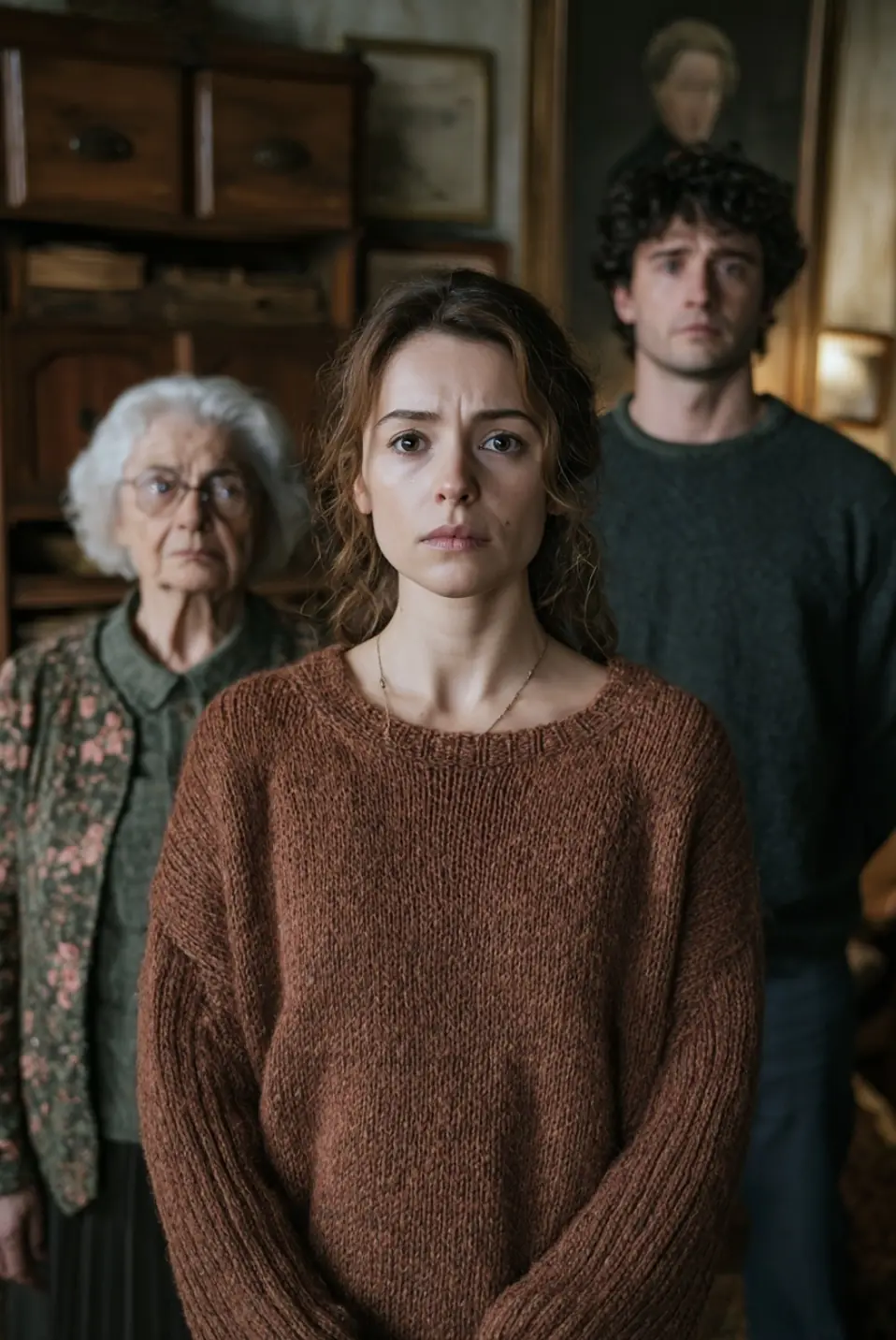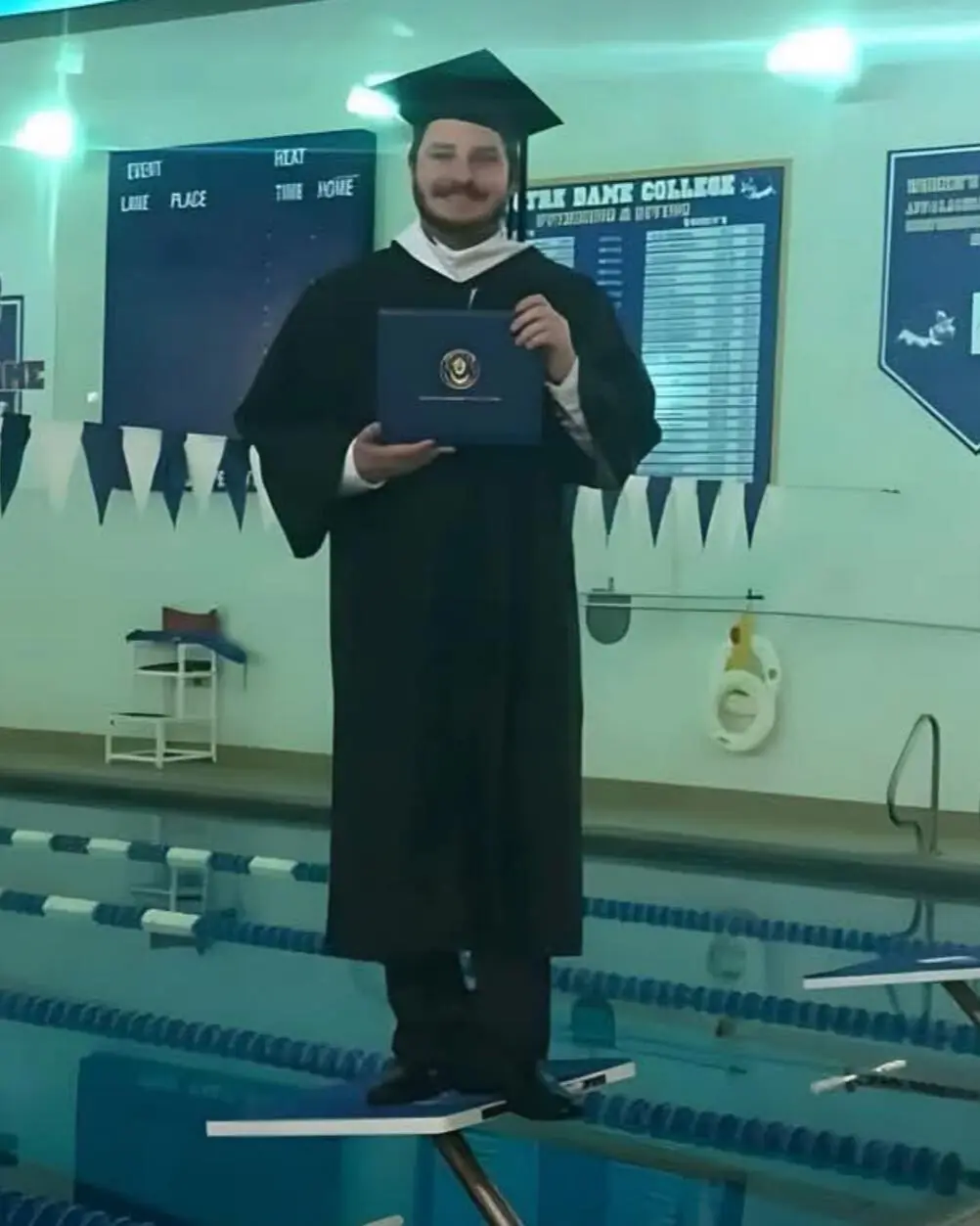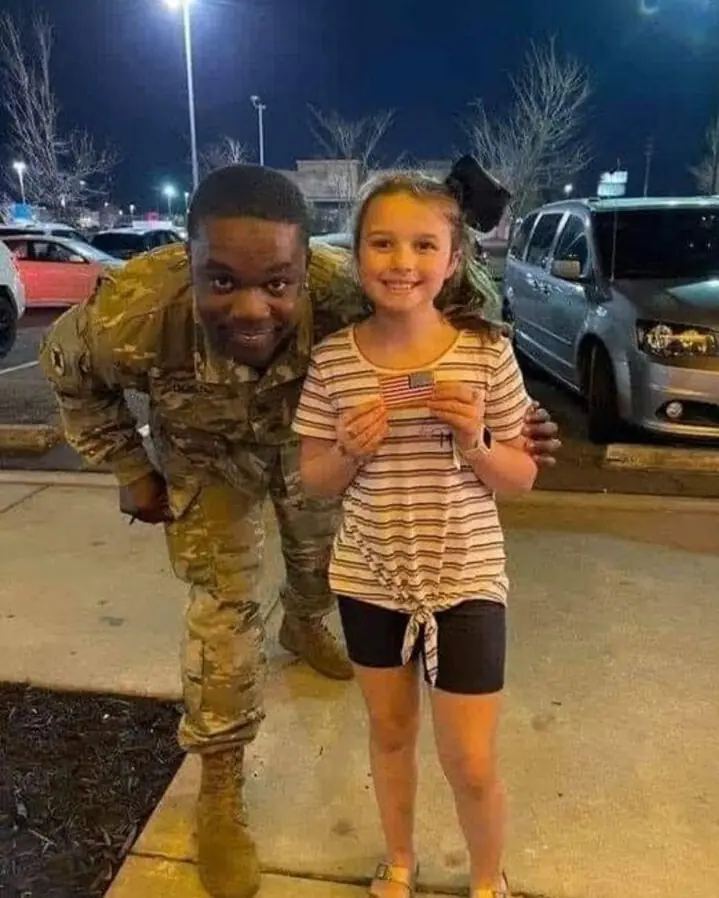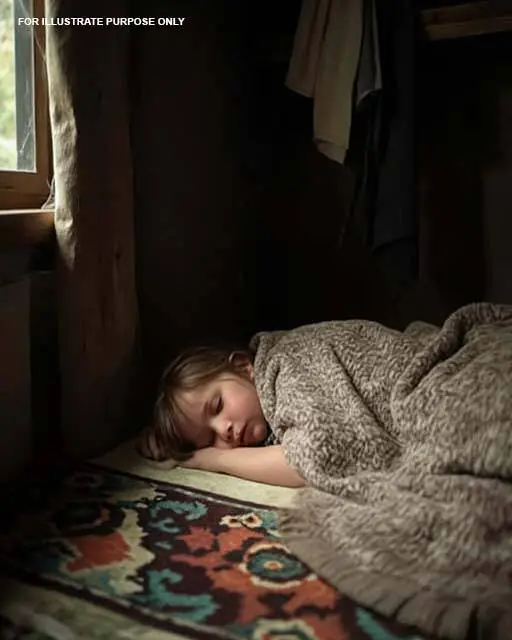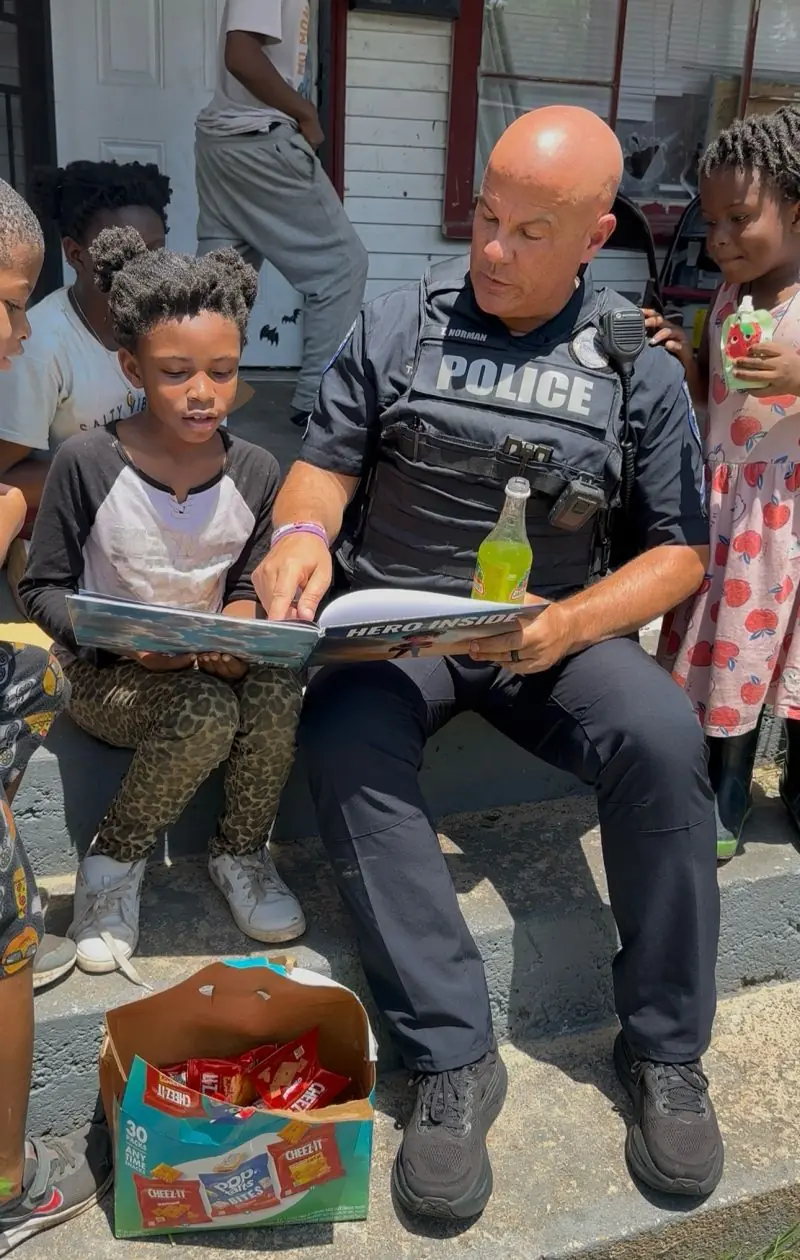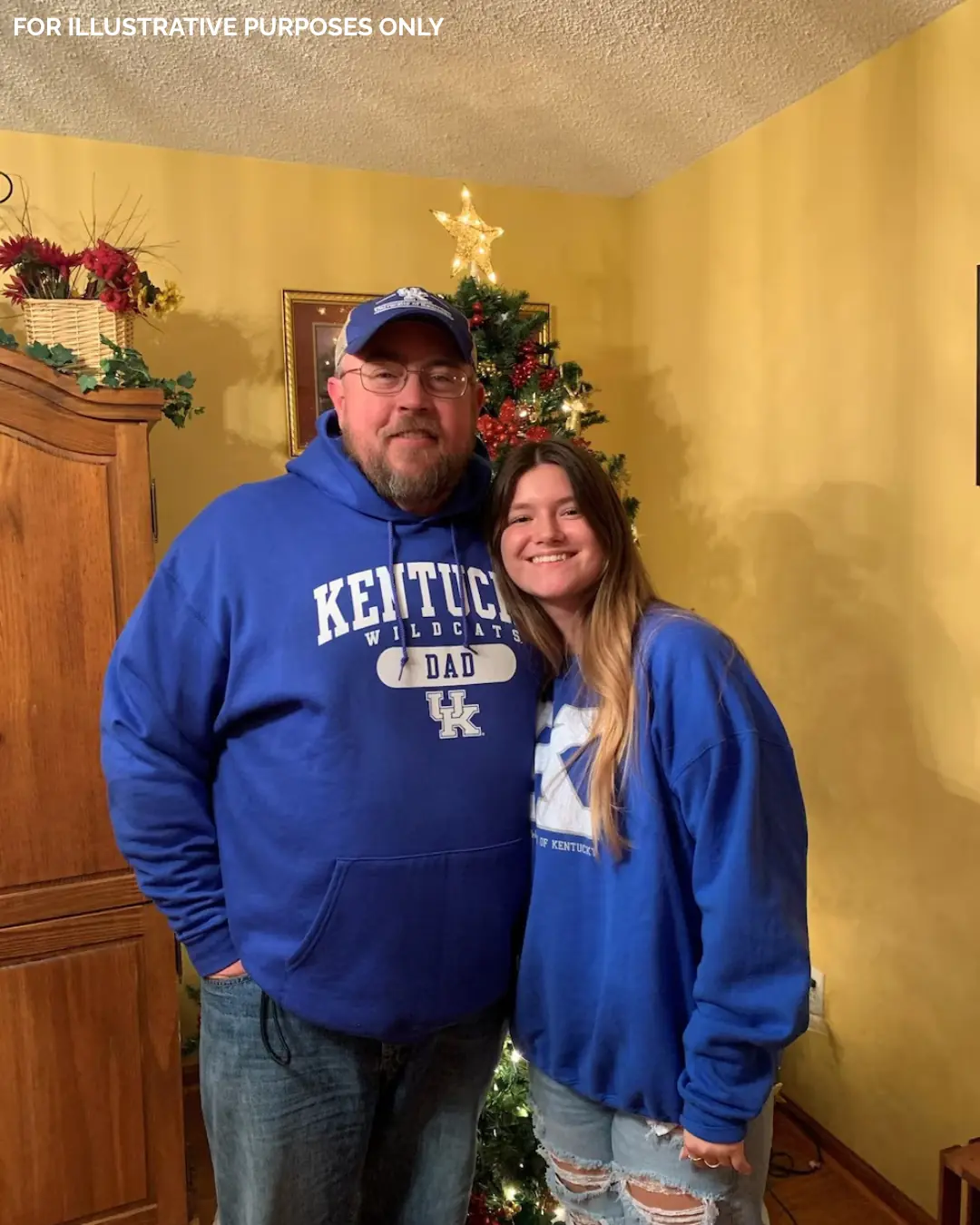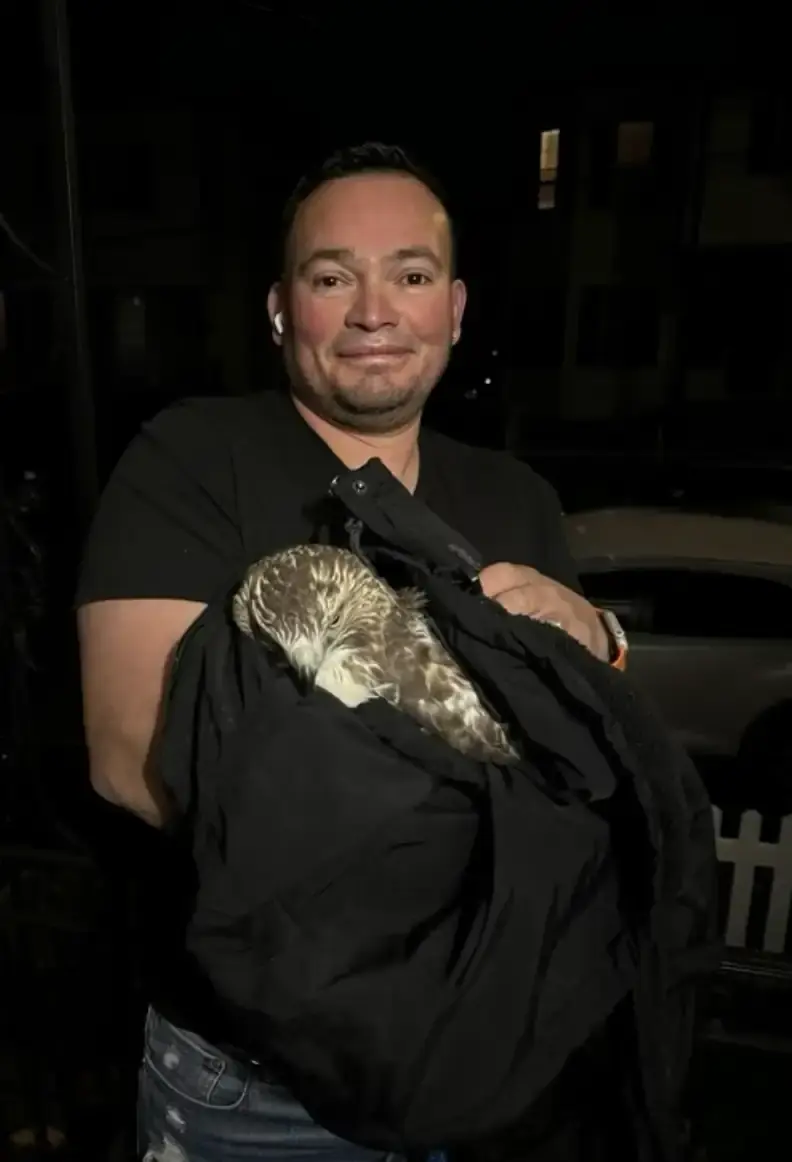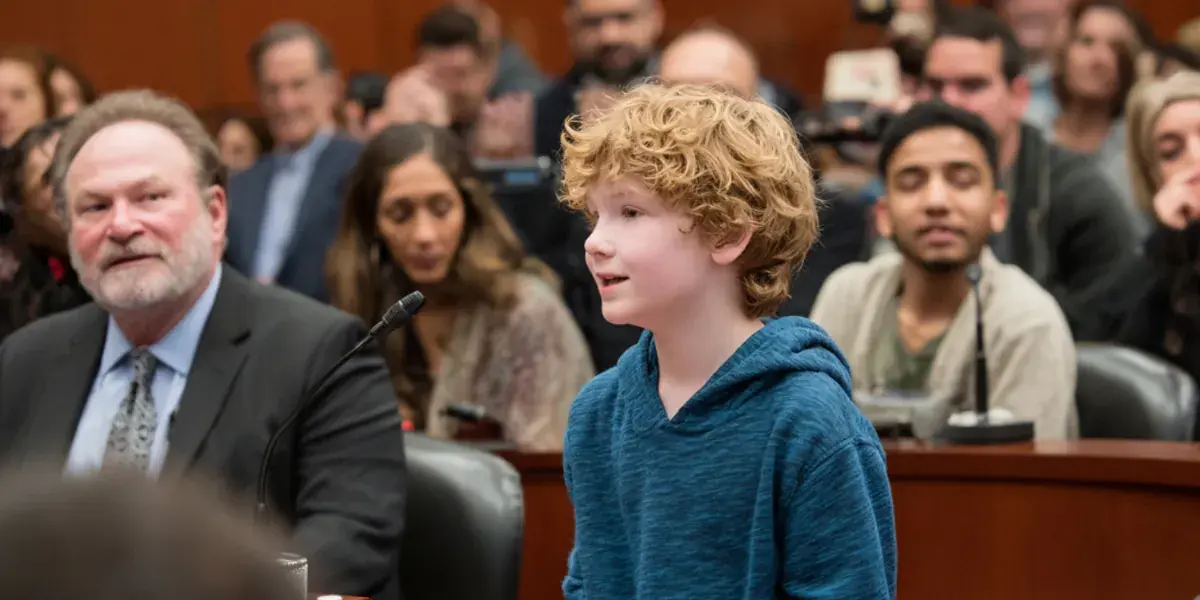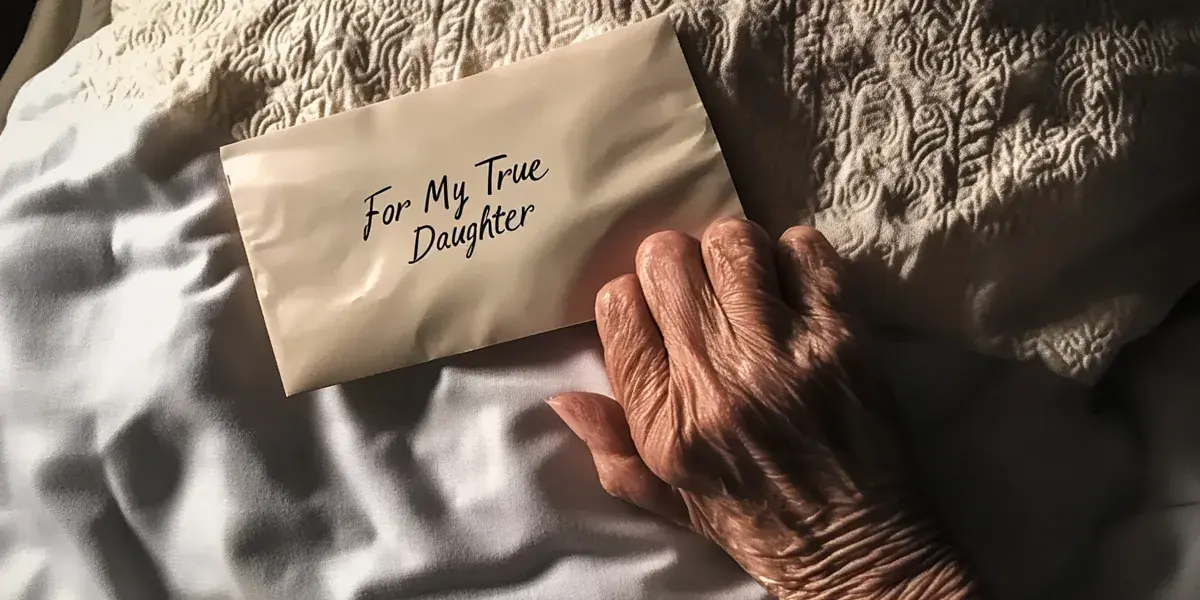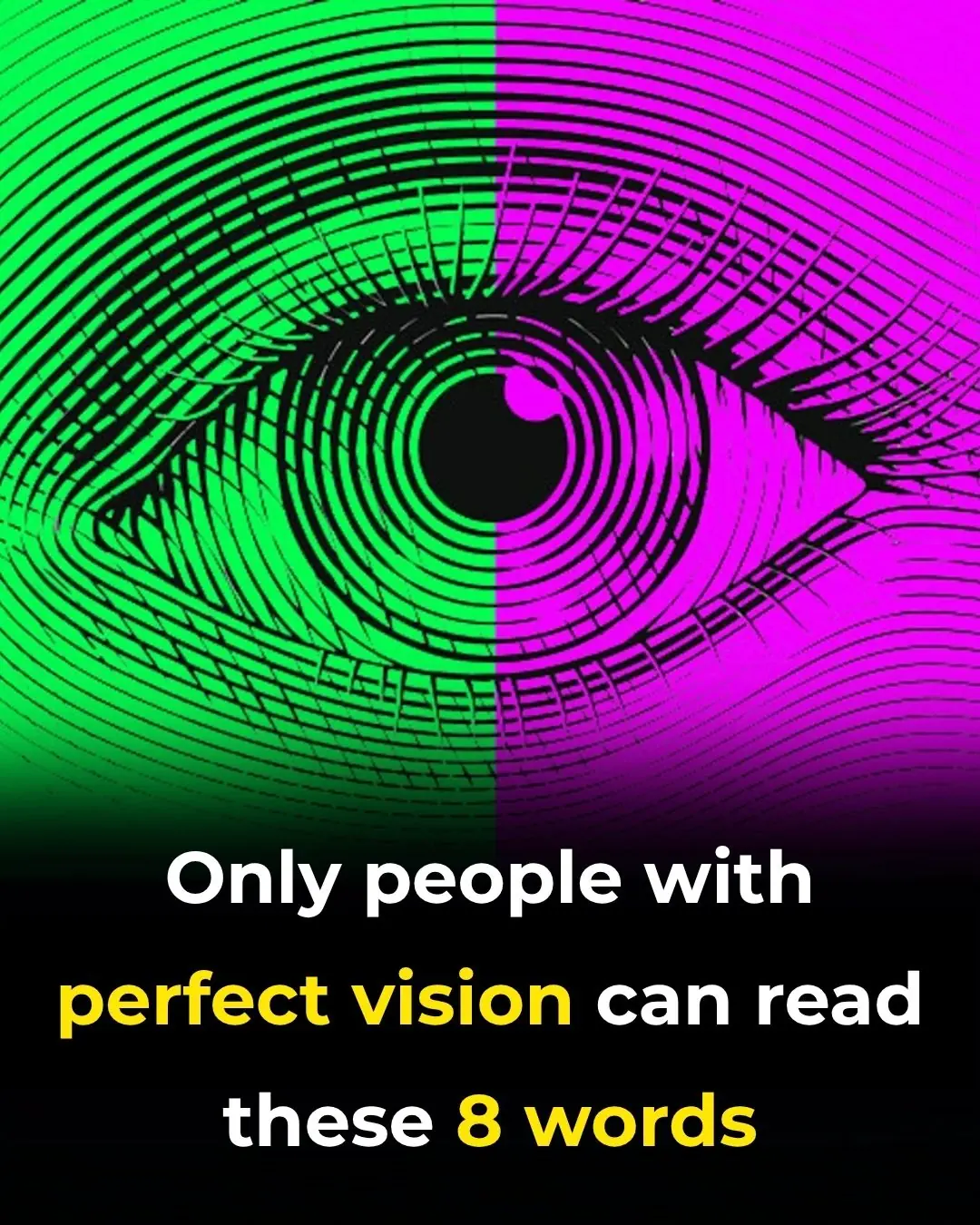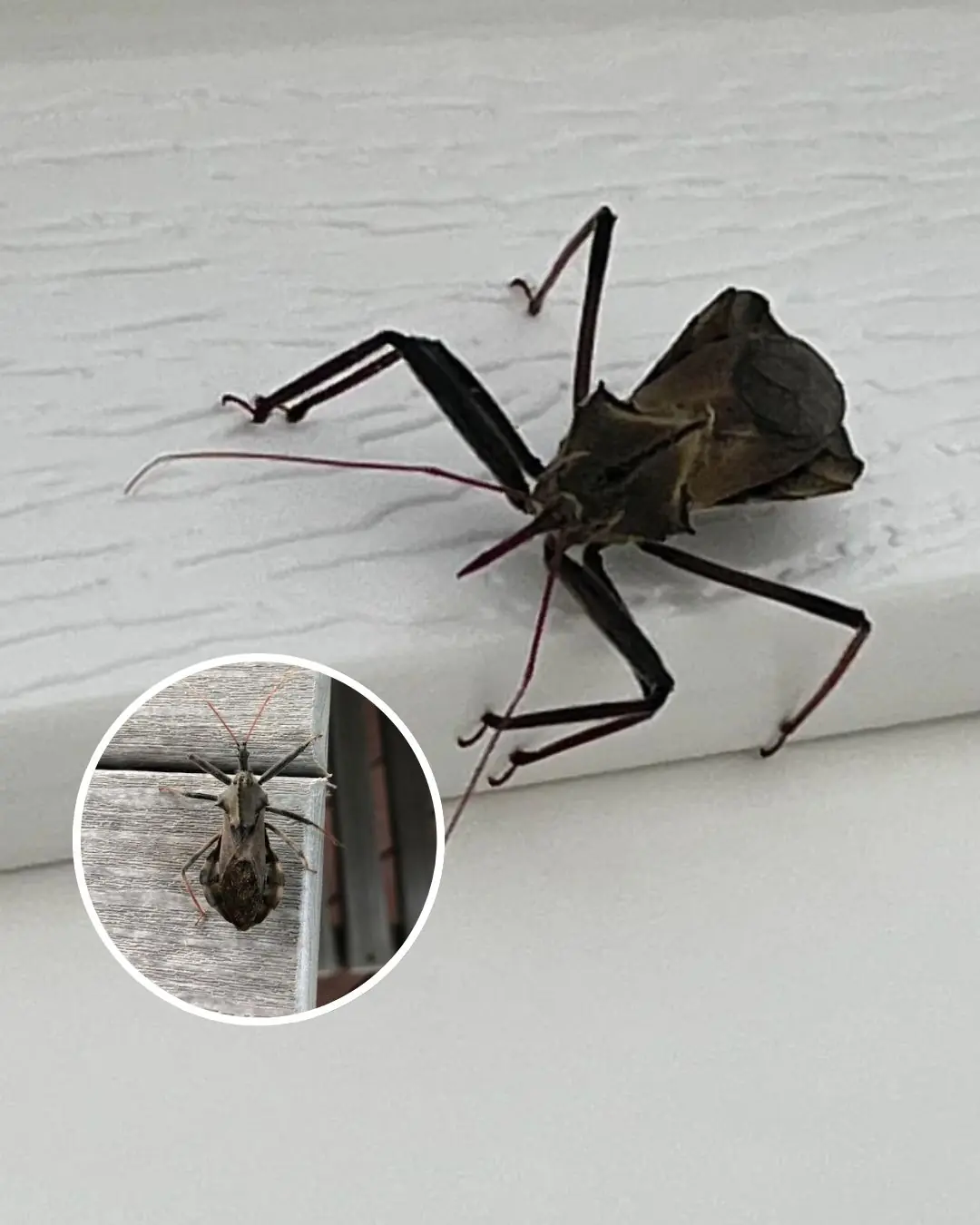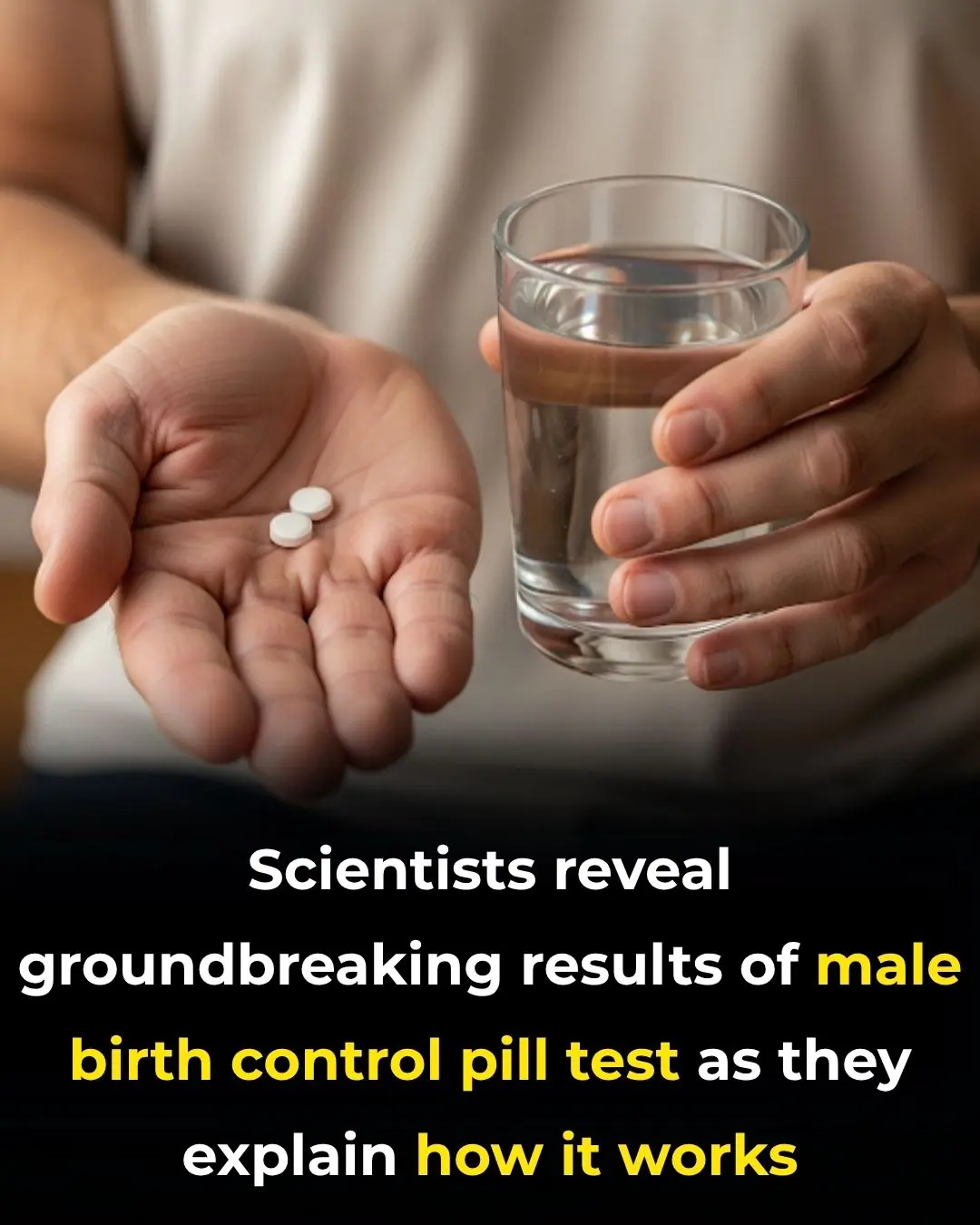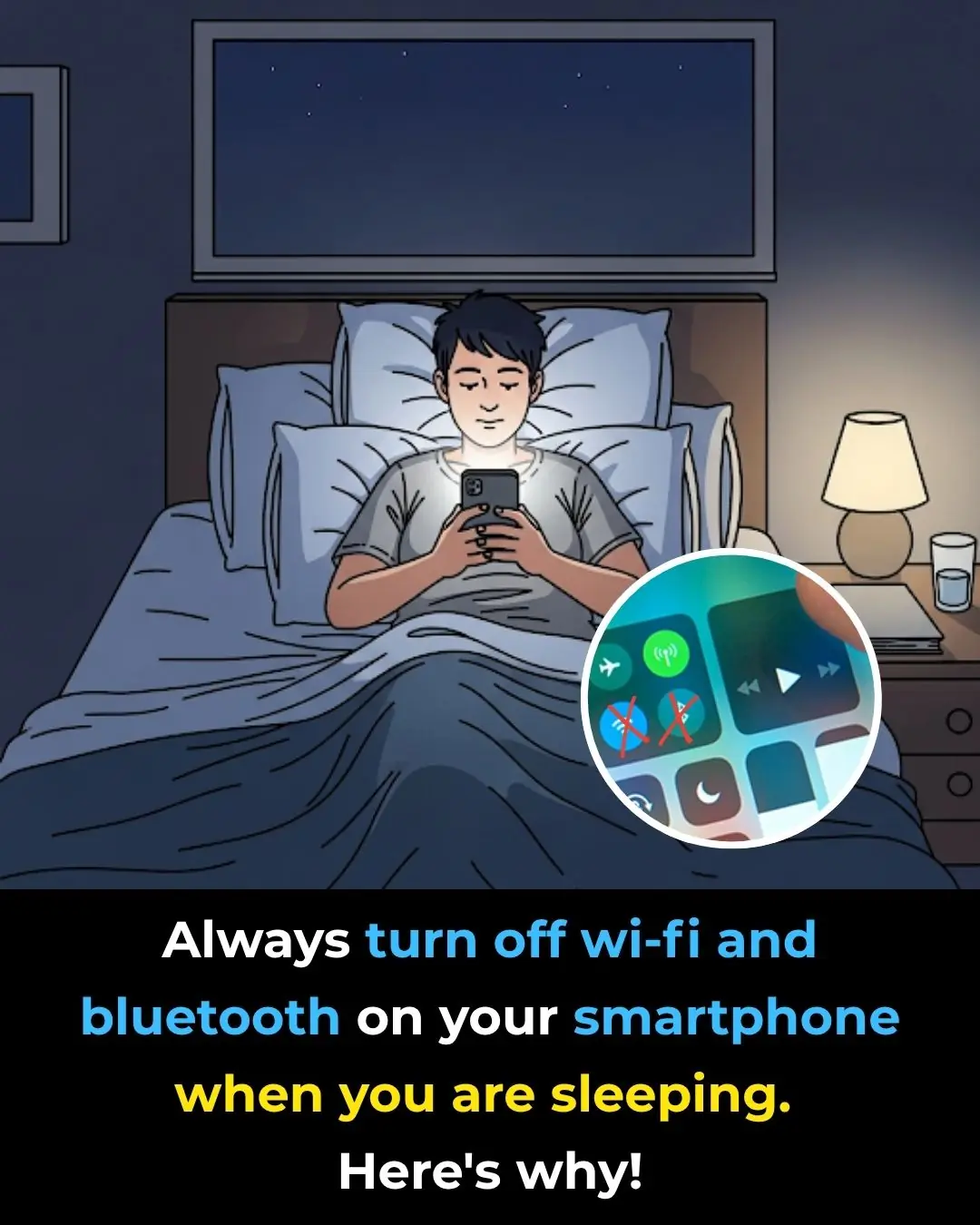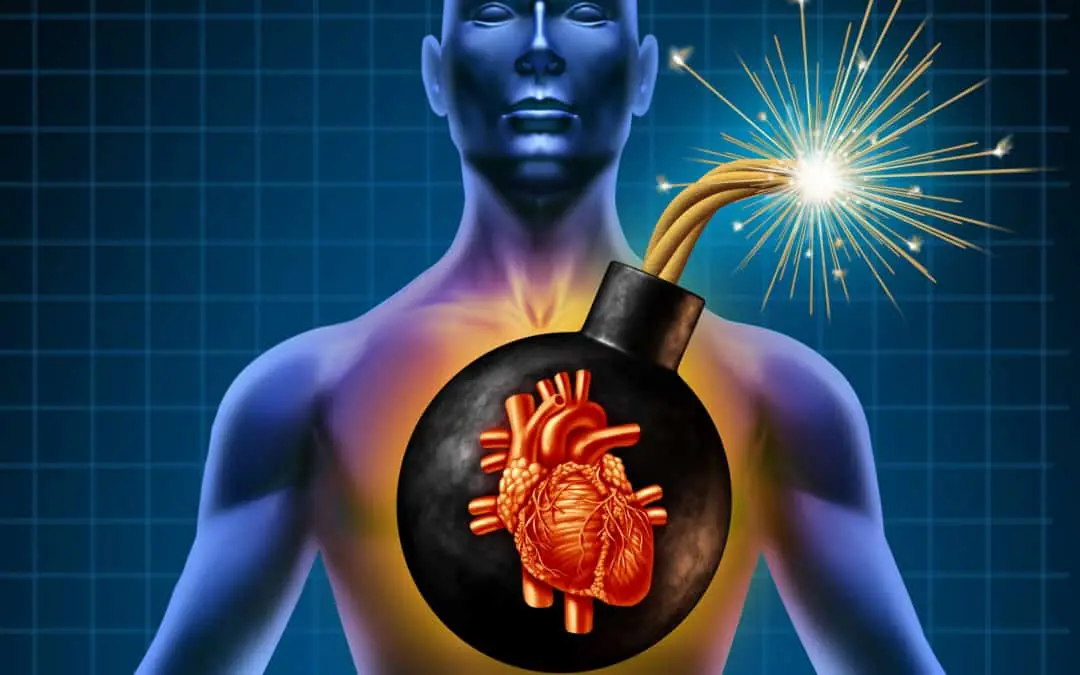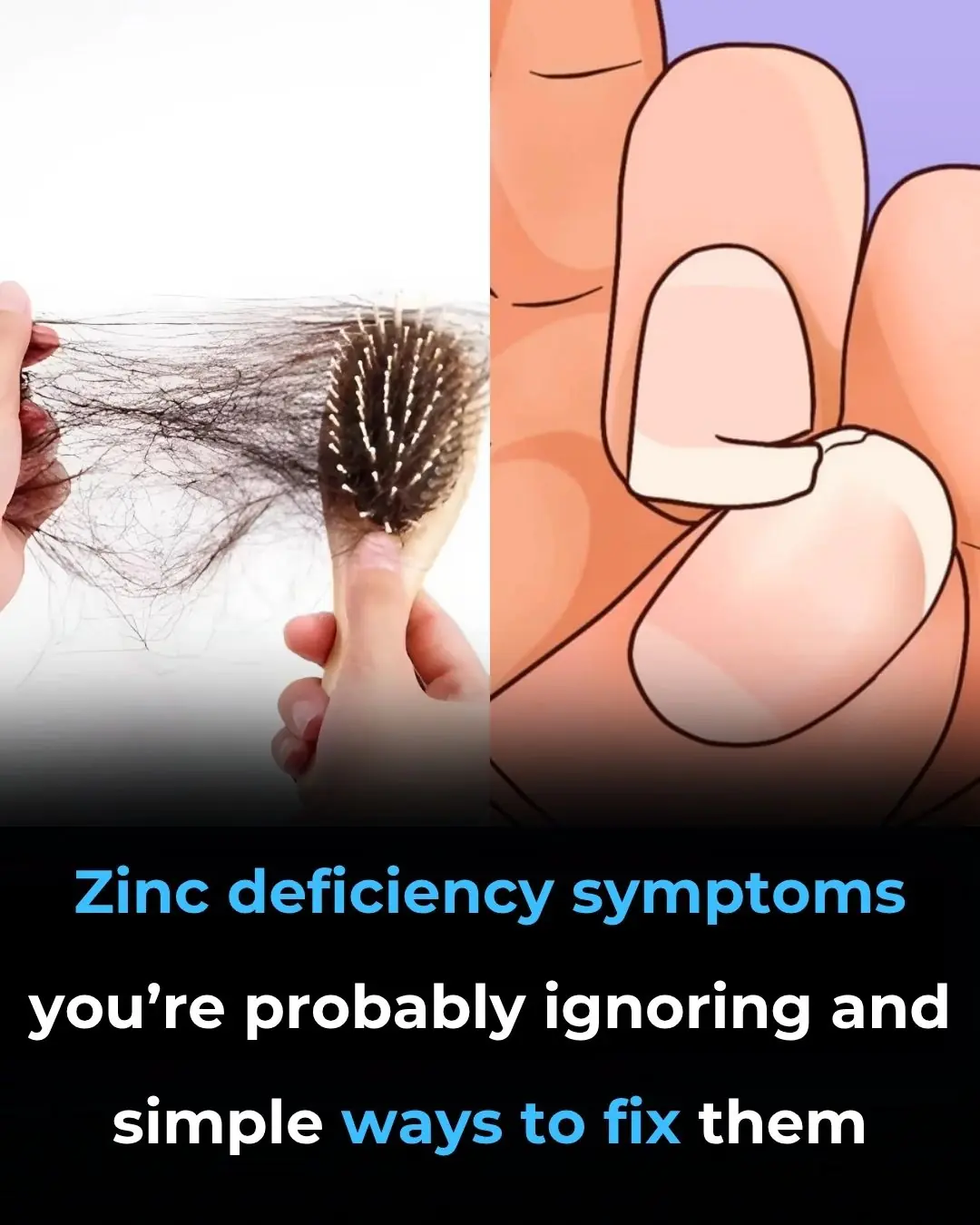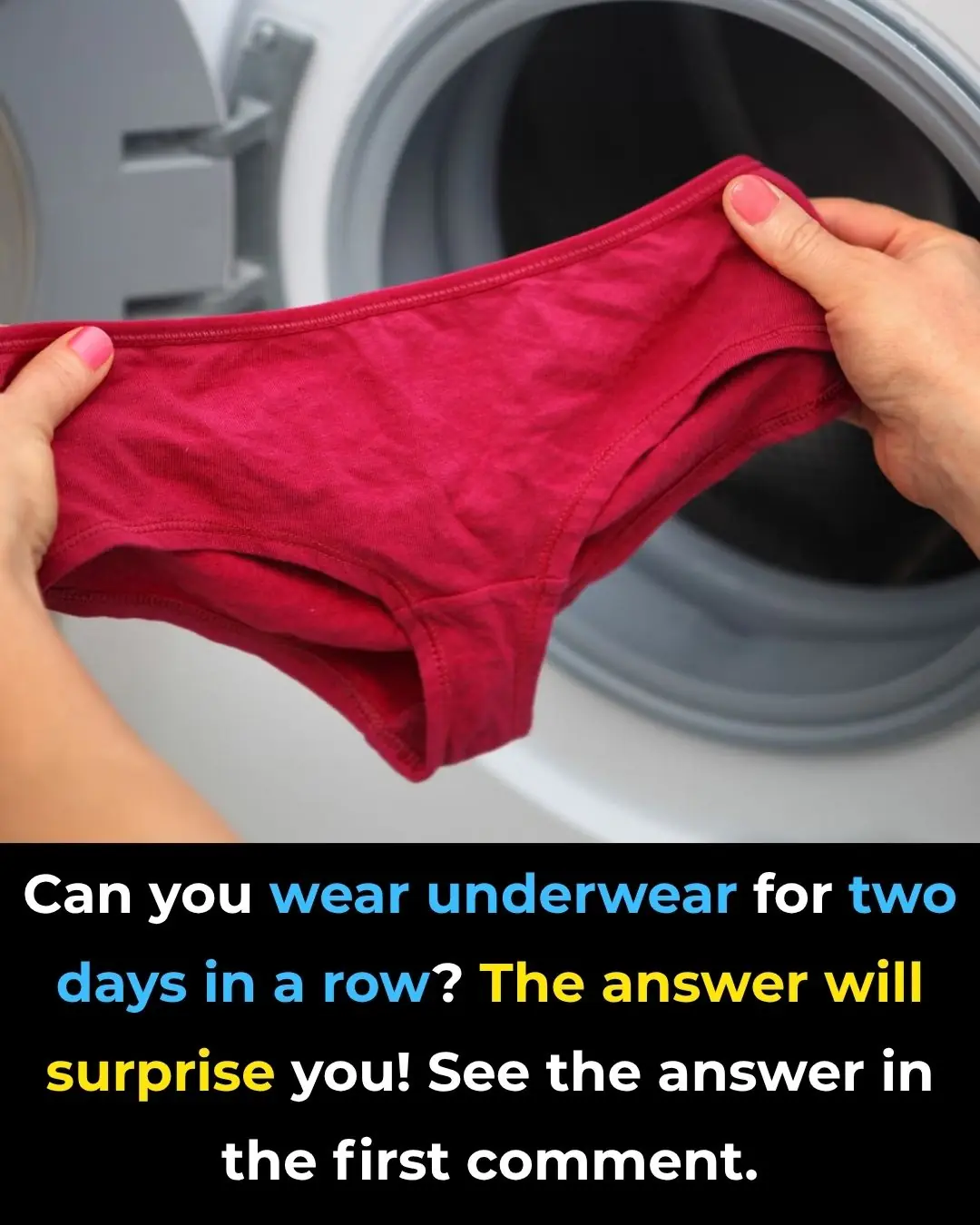At first, no one noticed.

Every morning, 14-year-old Evan walked to school, carrying two lunch boxes. They weren't extravagant or eye-catching—just plain plastic containers held together with old, worn rubber bands. One had his name written in faded marker, the other was nameless.
Most of the kids didn’t think much about it. Maybe he was extra hungry, maybe it was just something he did. Either way, no one paid it much attention.
No one… except Mrs. Ruiz.
She was Evan's math teacher, the kind of educator who noticed the small details: a student sitting alone, a half-hearted homework effort, a brief hesitation before answering a question. She noticed Evan, every single day, choosing the farthest seat in the cafeteria. Sitting alone. Opening one lunch box. Then silently sliding the second—unlabeled—one across the table.
And waiting.
One day, someone joined him.
A boy. Small, quiet, wearing clothes that looked a little too worn. His shoes didn’t quite fit. He didn’t speak much. He just sat down and opened the lunch that had been waiting for him. Inside was half a sandwich, a piece of apple, a granola bar, and a neatly folded napkin.
Written on the napkin were three simple words:
"You matter. —E."
Mrs. Ruiz kept watching.
Some days, the other boy didn’t show up. But the second lunch was always there—packed, ready, just in case. Evan never wavered. Never complained. He didn’t seek attention or praise. He simply kept bringing that second lunch box, silently offering more than food—he offered dignity.
Eventually, Mrs. Ruiz couldn’t stay quiet any longer. One afternoon, she gently pulled Evan aside.
"Why do you do it?" she asked, her voice soft.
Evan gave a small shrug. "I know what it's like."
He didn’t say more, and she didn’t press him. Whatever struggles lay behind those five words—whatever they hinted at—was his to carry. But Mrs. Ruiz carried something too: a deep belief that this simple act deserved to be shared.
She spoke to the principal. The principal spoke to the district.
Weeks later, the school launched Lunch Buddies, a program that provided meals—no forms, no questions, no shame. Funded by quiet donations from staff, families, and even students, it became a way for the whole community to look after one another. Volunteers packed extra lunches. Teachers donated grocery gift cards. Older students helped distribute meals discreetly.
And Evan?
He never sought the spotlight. He didn’t stand on stage or give speeches. He just kept bringing that second lunch box, even as the program grew. It wasn’t about recognition. It never had been.
It was about something simple and profound: the belief that no one should feel forgotten. That a sandwich, an apple, and a few kind words could make the difference between isolation and belonging.
Over time, the school began to change.
Lunch tables became more inclusive. Students looked out for one another. Kindness—the quiet, everyday kind—started to show up in lockers, notebooks, and backpacks.
The second lunch didn’t just nourish a body. It nourished a movement.
Because sometimes, the smallest box carries the biggest heart.

